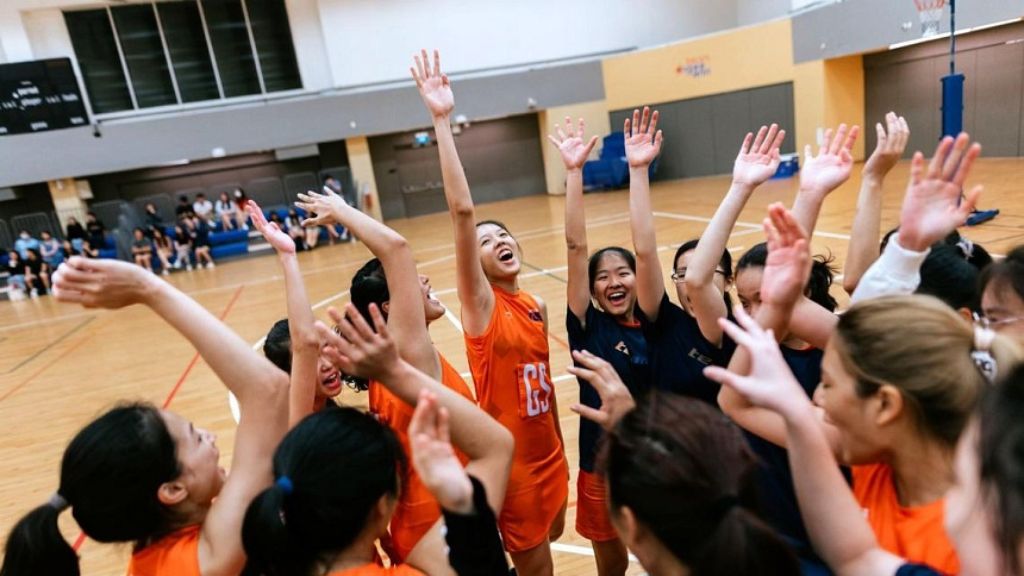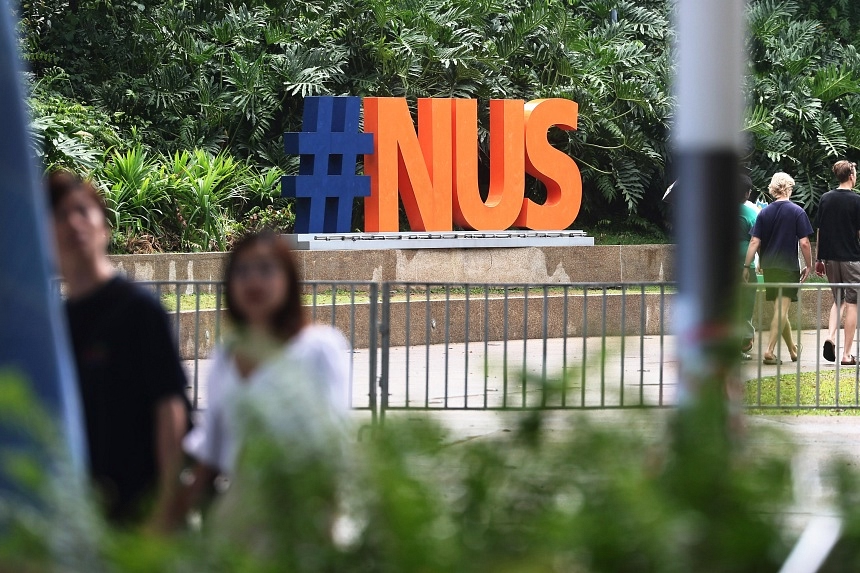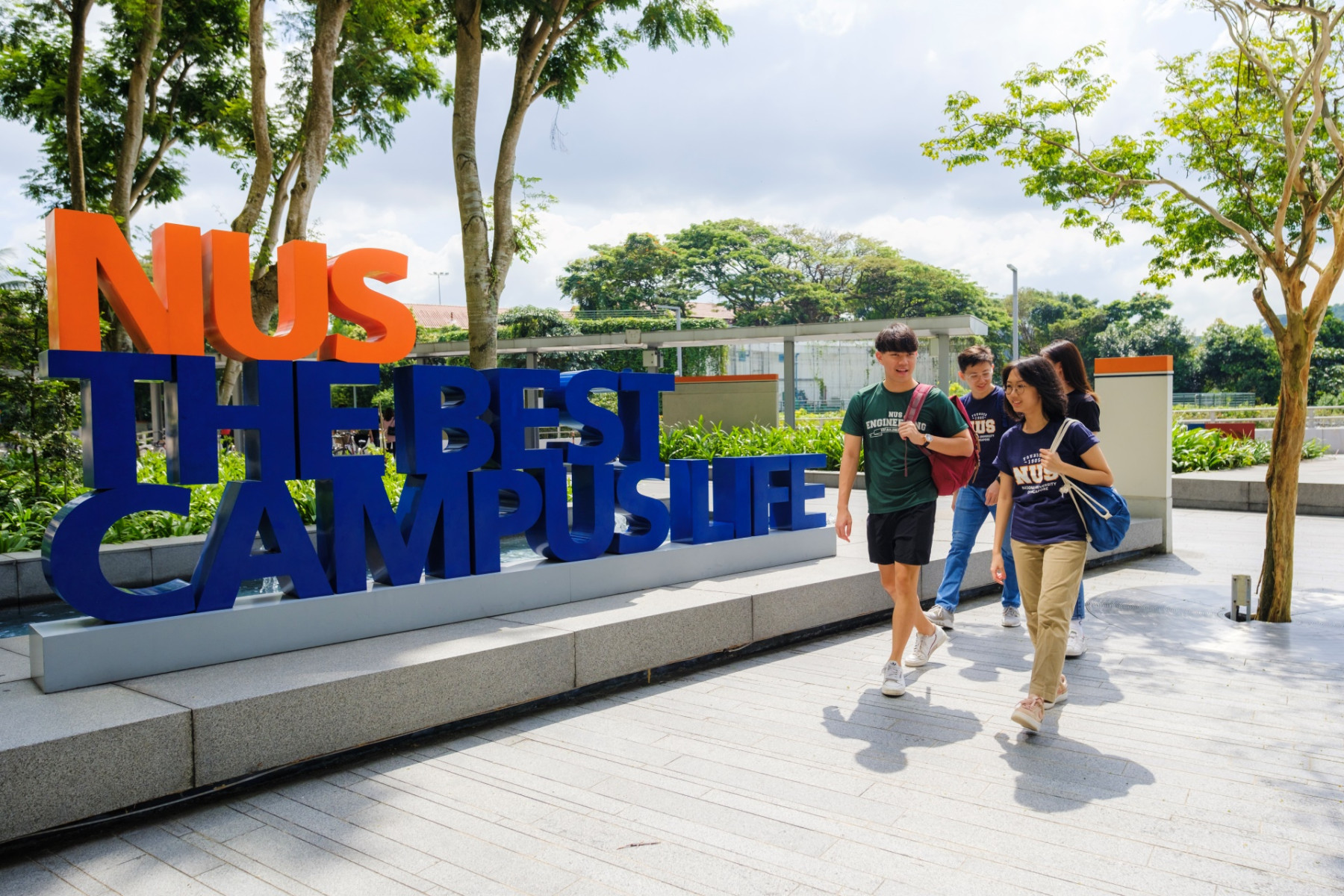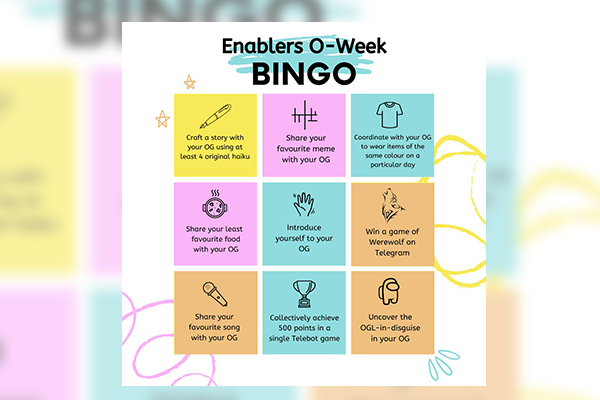SINGAPORE – First-year students at National University of Singapore (NUS) are more anxious than their seniors, a survey found, but those involved in co-curricular activities (CCAs), exercise or volunteering reported that they were less stressed.
Those who took part in such activities were also more resilient and had a stronger sense of belonging to the university.
These findings are from the latest 2023 edition of NUS’ student life and wellness survey, which gathered 8,195 responses from students across 17 faculties. Friendships (58 per cent), hostel life (36 per cent), and CCAs (31 per cent) are key contributors to students’ sense of belonging, it showed.
However, those who lack support or rely on social media as a coping mechanism for stress tend to feel more lonely and anxious. They also report less resilience and have a weaker sense of belonging.
This is why NUSOne – the university’s latest initiative – was announced, to provide more varied opportunities for students to volunteer, do sports, and invest time in friends, said NUS’ vice-provost of student life, Associate Professor Leong Ching, in an interview with The Straits Times in August.
“We have found that students who volunteer, do sports, invest time in friends, use less social media are stronger, more resilient and cope better with setbacks,” she said.
NUSOne is an initiative that aims to provide a more holistic student experience and encourage greater self-directed personal growth and development.
NUS will work with faculties, schools and colleges to review and recalibrate its teaching, she said, and one possible way is to allow teaching staff to use 12 instead of 13 weeks for teaching if their curriculum fits.
“This flexibility will allow students to engage in independent self-directed learning to complement the in-class learning conducted over the remaining duration of the semester,” said Prof Leong.
As part of NUSOne, students, from August, now get to enjoy Wednesday afternoons off from 3pm to 6pm to take part in activities outside the classroom. They also get to enjoy a new sports-themed hostel called Valour House, and can expect a better transition to university life with more information on how to apply for courses.
Next up is a review of the university’s curricular structure and possibly a “less for more” approach to ensure that students are not overloaded academically, Prof Leong added.
The survey of students had identified academic workload as a source of stress.

Allowing students to spend more time on their CCAs can help them develop skills like communication, interpersonal skills and resilience, she said.
These attributes are in line with the aim of NUSOne, she said, to encourage “experimentation, risk-taking, and failure”, through life beyond the classroom, where students face challenges like defeat and discomfort, along with successes and personal growth.
Stressing that these efforts are “non-prescriptive”, Prof Leong said: “It is for the student himself to decide and choose among the many activities on offer, and hopefully we offer good alternatives that are sufficiently attractive.”
Student life has always been an essential part of NUS education, she said.
“NUS students are not just training to become statisticians, or social workers, or engineers or economists. Aside from their specific disciplines, they are also finding their way to becoming entrepreneurs, catalysts in their communities, critics and advocates for change,” she said.
Wednesdays off
Following the announcement that NUS would set aside Wednesday afternoons as a protected timeslot, some students said they had hesitations, citing the possibility of clashing schedules, overbooked classes and less freedom to plan their timetable.
Prof Leong said the university had heard concerns from students that classes may start earlier and there would be more evening classes, along with the difficulties in freeing up Fridays.
But she noted that the overall scheduling of classes has remained stable, even though 6 per cent of classes in the new academic year in August started at 8am, up from 5 per cent before.
Students have also been successful in bidding for their courses, she said, with 83 per cent of them getting the modules they want in the latest academic year so far, similar to previous semesters.
Before the Wednesdays-off move was implemented, NUS had conducted focus group discussions with about 60 student leaders on various aspects of NUSOne, Prof Leong said.

One student, who wanted to be known only as Ms Choo, 21, said she was initially puzzled by the “protected” time, especially for students in niche courses where there may be only one session of a class each week.
The third-year landscape architecture student thought that tutorials would be hard to bid for, since the number of total slots has been reduced, which would increase competition for remaining classes.
But since the school year started in August, Ms Choo said her class schedules have all worked out.
A fourth-year data science and analytics student, who declined to be named, said it was harder to arrange her timetable, and she did not get her top course choices because of fewer class offerings.
But the time off has given her more minutes for her personal life and hobbies, she said, which includes rock climbing.
Year 2 psychology student Sadayan Nur Diyanah, 20, said that while it is slightly early to judge the effectiveness of the time off, she has noticed that her peers and herself are more well-rested as they do not have to rush to classes as much.
The extra time has also allowed her to plan events for the on-campus Eusoff Hall dormitory as part of its executive committee.
Wednesday afternoons were chosen because it creates a common timeslot for students to take part in activities and other university programmes, said Prof Leong.
At the Singapore University of Technology and Design (SUTD), students not only have Wednesdays off, but Fridays too – a practice it has had since its inception.
Mr Jonathan Kua, chief of staff, student affairs, at SUTD, said regular academic classes are not held from 1pm to 7pm on these two days.
“It not only provides opportunities for personal growth, but also serves to provide a balance to a student’s week – strengthening physical health and supporting mental wellness,” he said.
Special requests for activities during those hours require senior leadership approval, he added.
Over time, this has resulted in the growth of about 90 student-initiated organisations, Mr Kua said, adding that students also use this time for community service and to prepare for events like hackathons and competitions.
SUTD Year 3 students Tan Jie Ping, 21, and Daniel Lim, 23, said the common timeslots make it easier for them to organise group projects or even celebrate friends’ birthdays.
“Having the option of this allocated, uninterrupted time when I can just turn my brain off is definitely helpful,” said Mr Lim, who is studying engineering product development.
He uses this time for his video production CCA, where he shoots content for the school’s YouTube channel.
Ms Tan, an architecture and sustainable design student, said the time helped her to make friends in her first year of school as they could spend time together.
Having two days off means the other three working days are typically more packed with classes, she said, but she does not mind it.
“It’s nice to know that after a heavy first few days of the week, we get a break, and we deserve it,” she said.
“By freeing up this time, we motivate students to engage more actively with their peers, explore a range of interests across sports, the arts, community outreach, among other non-academic activities, and ultimately foster a stronger sense of community within the campus,” she said.




